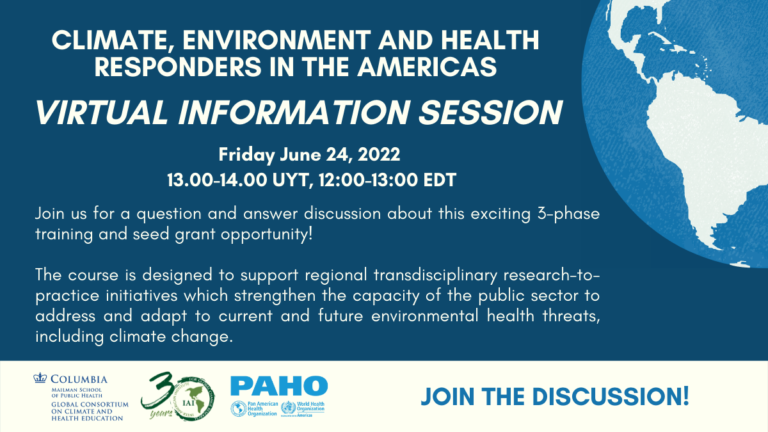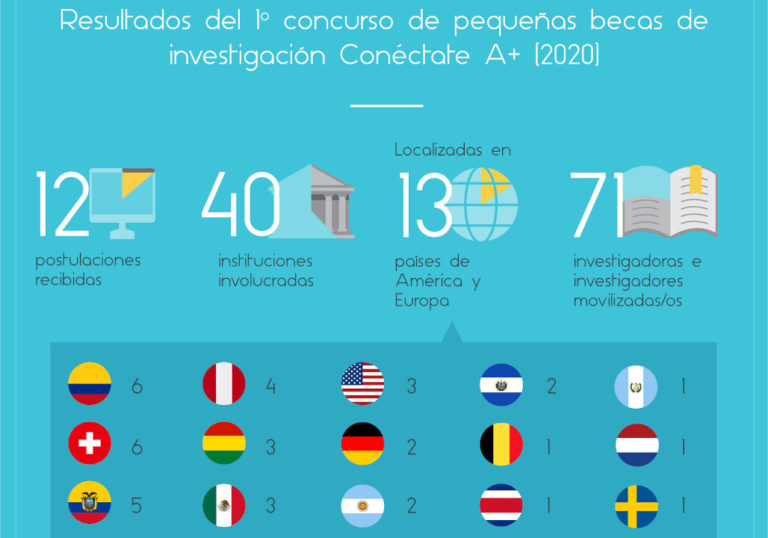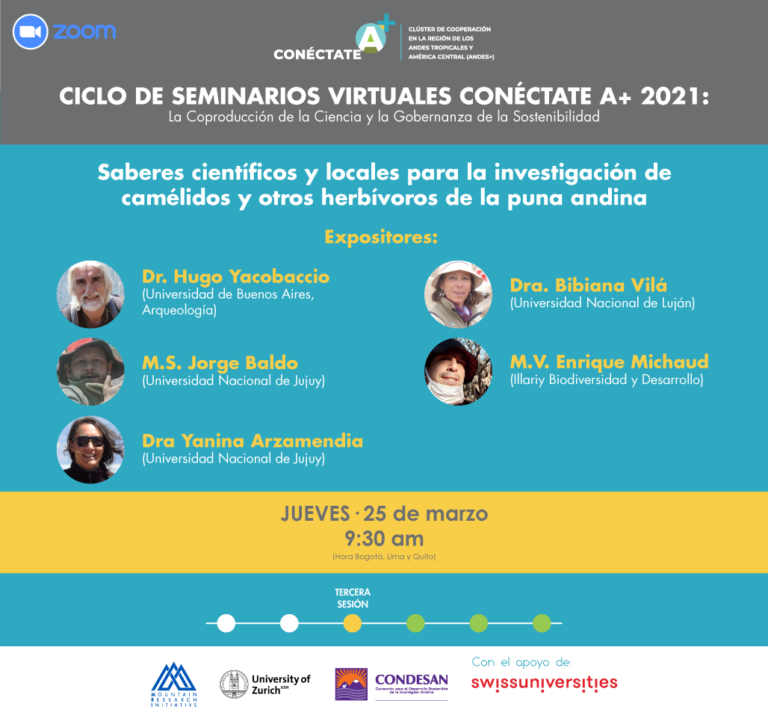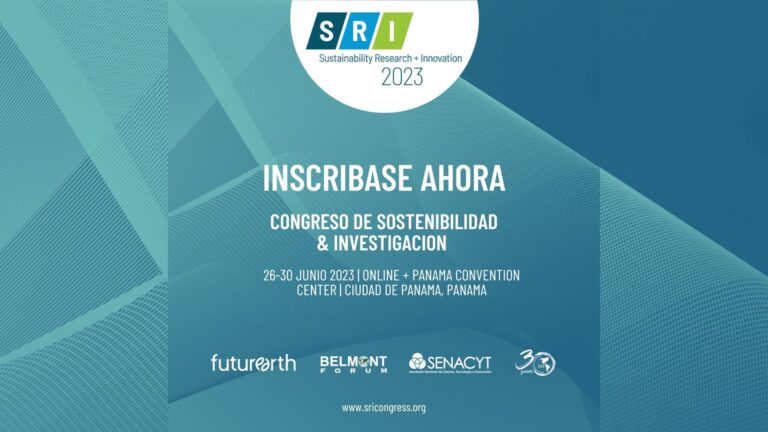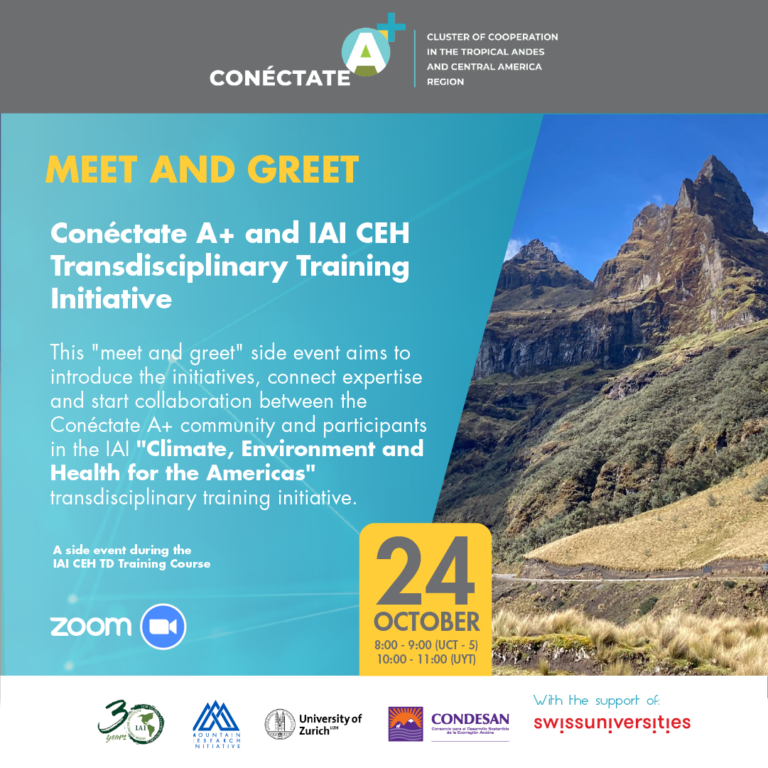Anthropogenic climate change has important consequences on the health of the planet’s ecosystems and on human beings. Understanding the interconnection between the two processes of change is relevant not only to be able to propose comprehensive responses, but above all to understand the systemic and interdependent functioning of the socio-ecosystem. Conéctate A+, conducts a literature review to better understand how the links between climate change, biodiversity and health have been studied in the Tropical Andes region and Central America.
The study proposed a methodology that distinguishes direct pathway relationships from indirect pathway and accumulated pathway relationships between climate change and human health. The former analyzes how climate change directly affects human health. The second considers the relationships between climate attributes and human health that are influenced by changes in ecosystems, their ecosystem services and/or people’s livelihoods. The third identifies relationships between the manifestation of climate changes and human health that are determined by variation in the health of the environment (e.g., air, soil or water quality).
After reviewing more than 600 scientific articles, it was found that some of the most studied links correspond to the increase in floods as a result of extreme precipitation, with consequences on mortality, accidents and infectious diseases in the population. The main gaps are related to the absence of studies on the effects of UV ratios on the skin, the effects of fires or landslides on human health, CC impacts on air and water quality, and their impact on health, among others.
The study will contribute to identify the most studied relationships in the literature and make visible the main knowledge gaps. The results are expected to contribute to a broad discussion on the impacts and response options at the intersection between climate change, ecosystems and human health and well-being in the Andes and Central American region. The study is in the publication phase and will be available in the coming months.
This research has been developed by Indiana University and the Latin American Center of Excellence in Climate Change and Health of the Universidad Peruana Cayetano Heredia, and financed by the Conéctate A+ platform. We bring you the video presentation of the results.



